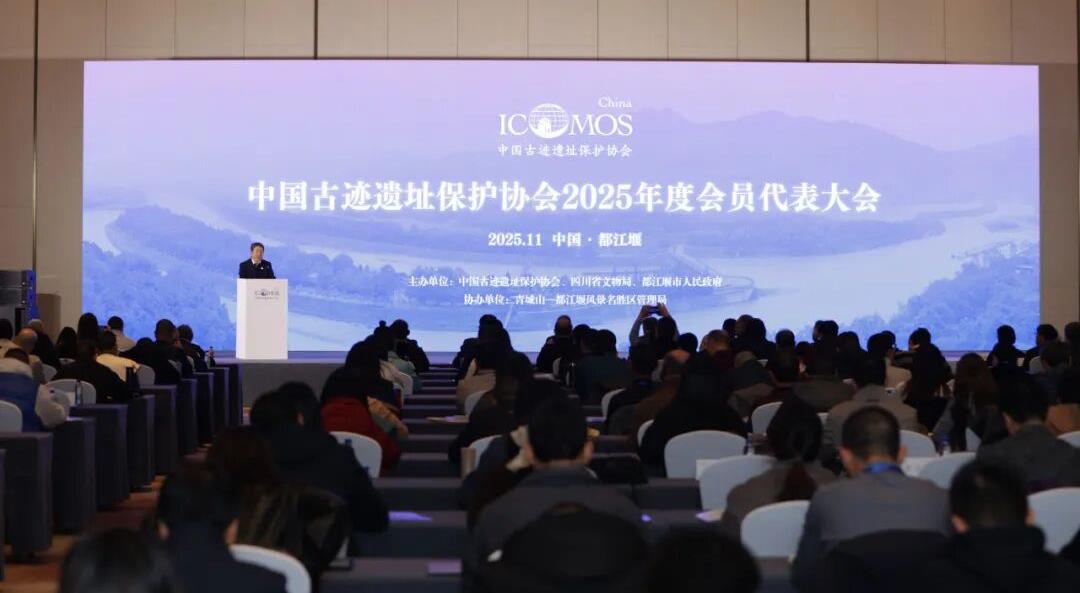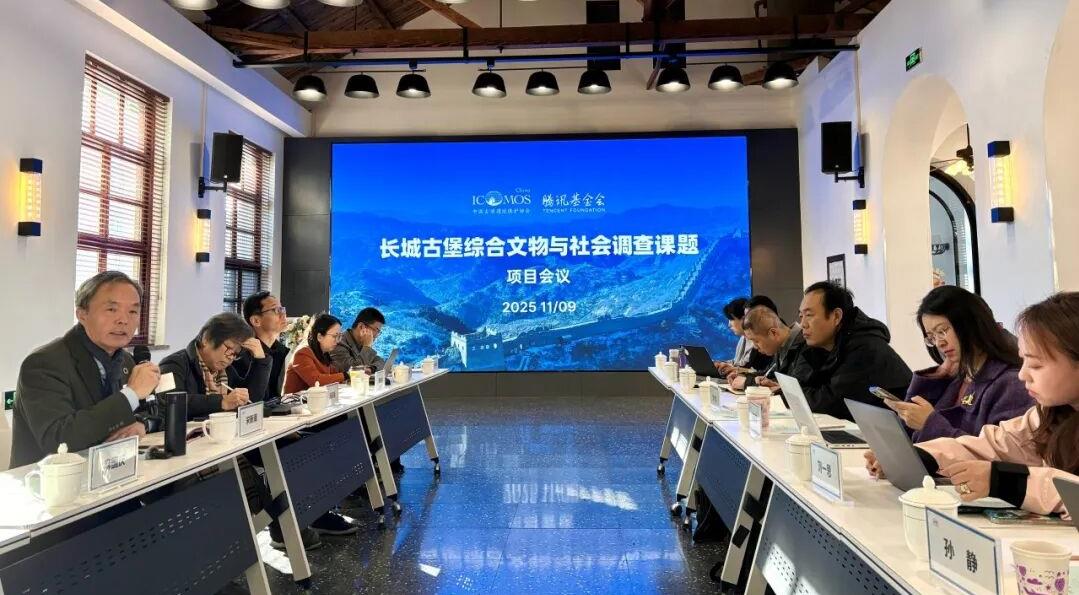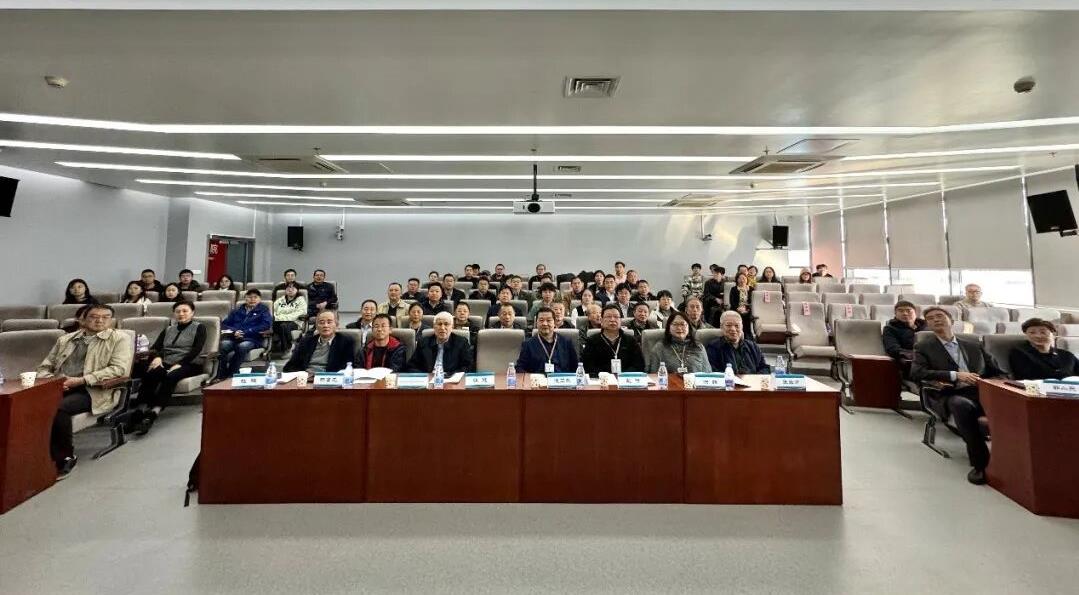ICCROM将于2016年3月在罗马举办建筑遗产保护短期课程
Course on Conservation of Built Heritage 2016
Dates: 4 March - 29 April 2016
Place: Rome, Italy
Background
ICCROM is pleased to announce the sixth training course on Conservation of Built Heritage in Rome. ICCROM has been a pioneer in organizing courses in heritage conservation since 1965 including the Architectural Conservation Course (ARC) and many other regular courses and most recently the course on Conservation of Built Heritage for five consecutive intervals since 2007. In designing this course, ICCROM has drawn from this experience, evaluation results and considered the most recent international trends and thinking related to conservation of the built heritage, including buildings, sites, historic centres and cultural landscapes.
The course aims at serving a wide range of conservation practitioners and decision makers by placing technical issues within the broader conservation context in order to link them to planning and management concerns. The first part of the course will consist of an overview of the current practices of defining heritage, evolution of different concepts and key approaches currently used in built heritage conservation. The second part of the course will focus on the planning and management issues pertaining to the conservation decision making process. The third part of the course will focus more closely on technical issues including documentation, conditions assessments and various treatments plus interpretation and public access. The final week of the course may be devoted to one-week module on a selected theme related to World Heritage which also has implications on heritage conservation and management in general.
Objectives
At the conclusion of the course, participants will have a better understanding of critical processes in conservation in order to apply them at the macro/micro levels; improve their strategic planning skills relevant to heritage management; expand their awareness, knowledge, and understanding of current principles and practices in conservation of the built heritage; and enhance skills, judgments, and experience.
Methodology
Training will be based on a multiple activity model including lectures, case studies, practical hands-on exercises, site visits, group work, and classroom discussions. Participants will need to be active and involved during three stages: pre-course preparation, course attendance, and post-course follow-up, networking, and monitoring. During the course, participants will be considered as key resources by sharing their own knowledge and experiences, presenting case studies, participating in course discussions, and participating in group work and hands- on exercises.
Participants
The course is open to a maximum of 20 participants with at least four years of experience actively involved in the conservation of built heritage. Mid-career professionals and other decision makers in conservation from different disciplines (architects, archaeologists, engineers, planners, site managers, etc.), either in a position to influence practice or having the potential to do so in the short or medium term, are eligible. Those in a position to carry the messages of the course to a broad audience (for example, trainers who are able to reach a large audience over time) are encouraged to apply.
Teaching Team
Teaching staff will be composed of recognized heritage conservation professionals having both practical and theoretical experience. They will represent the broadest possible international perspectives in their fields of expertise, and at the same time will be able to bring specific knowledge in order to fulfill each of the course components. In addition they will represent excellence covering a wide geographical scope.
Language
English is the working language of the course. Candidates must have strong communication and writing skills in English. A certificate of language will be requested, if English is not your first language or if you have not carried out graduate studies in English.
Course fee: € 900
Travel, Accommodation and Living Expenses
Participants will be responsible for their round trip travel costs to and from Rome. In order to cover accommodation and living expenses in Rome during the course, participants should plan for a minimum amount of 3,000 Euros for two months. Candidates are strongly encouraged to seek financial support from sources such as governmental institutions, employers and funding agencies. In cases of proven financial need, and depending on the availability of funding from external sources at the time of the course, a limited number of partial scholarships may be granted.
Certificate of Attendance
Participants will receive a Certificate of Attendance upon successful completion of the course. Participants are expected to attend all lectures and activities over the full length of the course.
Application
Please fill the ICCROM application form (obtainable from ICCROM's web site) and send it together with the documents below to the email address: builtheritage2016@iccrom.org. In the event that it is not possible to provide a scanned version of the necessary photographs and signatures, it will be necessary to send a paper copy.
- A full professional curriculum vitae (in English)
- A brief report (3-5 pages) answering the following questions:
Describe a conservation project for which you are or have been actively involved. Include the appropriate contextual background (objectives, partners, support, etc.), a description of difficulties encountered, and the strategic responses developed.
In addition to the project described above, what other case studies might you be able to share during your participation in the course?
What do you consider as your major achievement in the field of conservation of immovable cultural heritage?
Application deadline
Applications should reach ICCROM by 28 August 2015 to ensure inclusion in our selection process.
(Implementation of the course will be subjected to the approval of the ICCROM General Assembly that will be held in November 2015)
最新新闻
-
-

- 2025-11-28 协会动态
中国古迹遗址保护协会2025年度会员代表大会在四川都江堰召开
2025年11月28日,中国古迹遗址保护协会(ICOMOS China)2025年度会员代表大会在四川都江堰召开。
-
-
-

- 2025-11-12 协会动态
【创意交流】长城古堡综合文物与社会调查课题项目会议在京召开
-
-
-

- 2025-11-04 专委会动态
第四届文化遗产防灾减灾年度论坛暨2025年中国古迹遗址保护协会文化遗产防灾减灾专业委员会年会在北京召开
聚焦“充分认识自然灾害风险,提升文化遗产安全韧性”, 中国古迹遗址保护协会文化遗产防灾减灾专业委员会2025年年会于11月1日在北京市成功举办。
-






